Are Mice Easy to Take Care of
Pets provide companionship, love and joy and can brighten our lives. Sixty-seven percent of U.S. households, or about 85 million families, own a pet, according to the 2019-2020 National Pet Owners Survey.
However, looking after an animal requires time, care, money and responsibility. The cost of having a pet is often expensive, with food, grooming, vet bills and more to pay for. You will also need to find a trustworthy and competent person to look after your animal every day whilst you are away, which can be expensive.
Not everyone is suited to pet ownership. But if you do want an animal companion, some pets are easier than others to care for. Here are 20 of the easier pets to take care of.
Stick insects
Stick insects are among the most popular insects kept as pets, mainly due to their unique appearance and the relative ease of care. There are thousands of species of stick and leaf insects. You'll need a good sized enclosure, plus food such as bramble, oak and hawthorn leaves, depending on the type of stick insect. All stick insects that are not native to the U.S. are illegal, so you will need to check your state laws before getting one.
Snails
Garden snails are low cost, low maintenance pets. You'll need an enclosure, such as a glass or plastic terrarium, plus greens, sticks and leaves. It's really important that your snails have a place to drink regularly but it's also important that their environment is humid. Leafy green vegetables such as lettuce or spinach are the more common foods we feed snails, as well as fruit for the occasional treat.
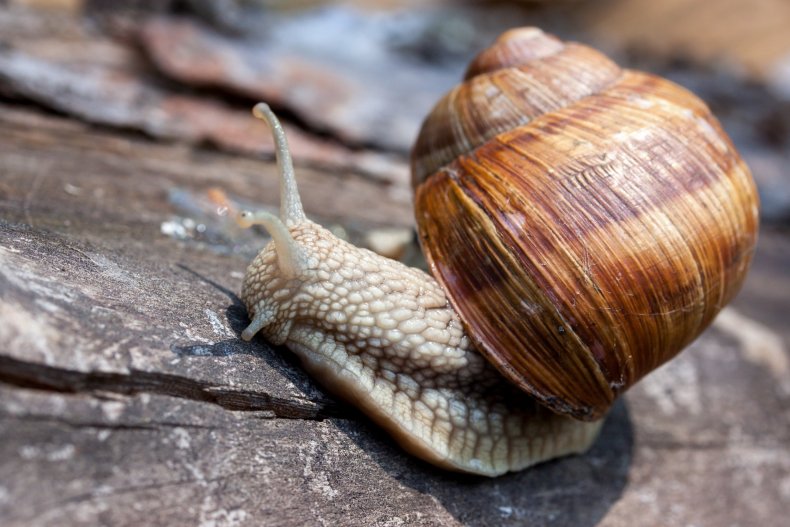
Hamsters
Hamsters are often a child's first pet and live for around two or three years. They are naturally nocturnal so if they are disturbed during the day and become alarmed, they may bite. Children need to be supervised when handling hamsters and, as with all pets, an adult needs to be responsible for making sure the animal is properly cared for.
Their cage will need to be cleaned every week and a commercial hamster mix is a good base for your pet's diet, as well as small pieces of fruit and vegetables.
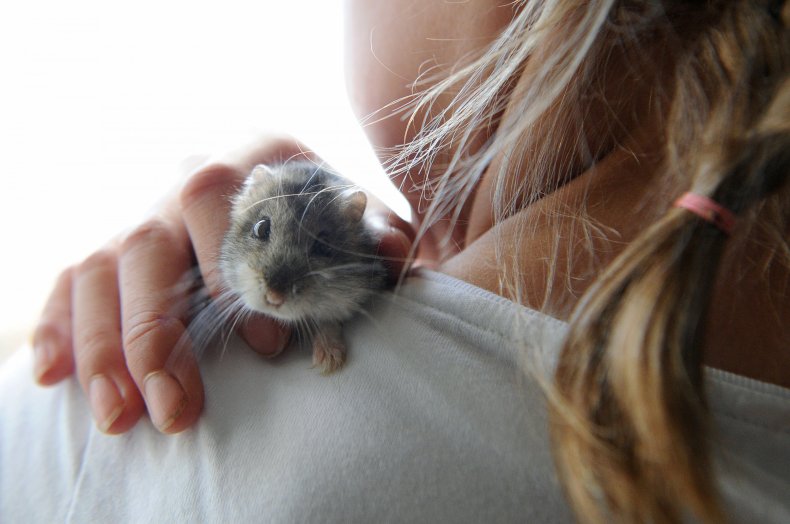
Goldfish
Goldfish are pretty easy to care for, but they do require several things. Bigger tanks are better because goldfish can actually grow to be around 30 cm long. A thermometer will help you to ensure the tank is kept at a constant temperature (about 19˚C or 66 F is best). A filter will help to keep your goldfish tank fresh and it will need to be cleaned about once a week.
Guinea pigs
Like rabbits, guinea pigs need a large predator-proof hutch and run, which can be costly to begin with. Extra shelter and bedding must be provided during the winter months. Soft straw can be used but has no nutritional value so the best bedding you can use is hay, which they can also eat. Guinea pigs also eat fruit and vegetables as well as mixed dry food. They live for around four to eight years.
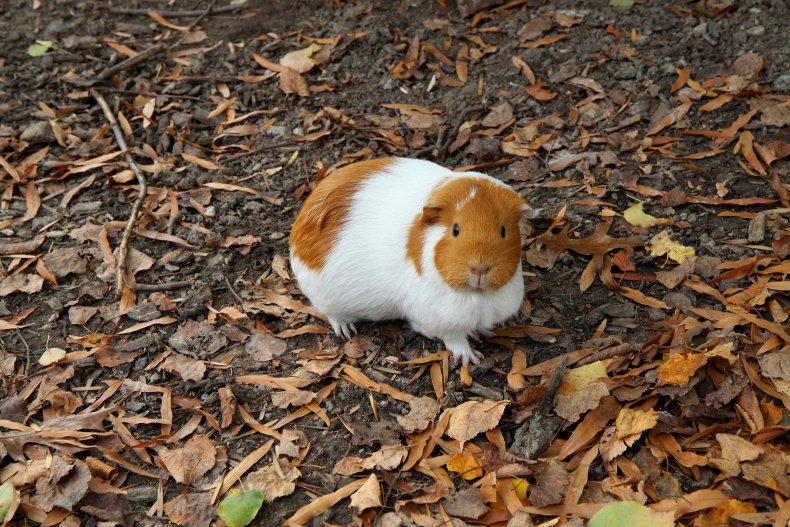
Chinchillas
Chinchillas are clean and quiet and can live for up to 20 years. They are most active in the evening and at night. Pet chinchillas need a high fibre diet based on grasses and hay, as well as pre-prepared foods from pet shops. These rodents are indoor pets, in need of a good cage with proper flooring to protect their feet. They are active and require a large cage so they can get enough exercise.
Mice
Mice are best fed on commercial rodent mix, with tiny amounts of vegetables and fruit. They also need clean, fresh water from a bottle fixed to their cage, which should be made from wire with a plastic tray floor and a secure lid. Male mice have quite a strong smell so need regular cleaning too.
Rats
Although they have a bad reputation, pet rats are intelligent and affectionate and make great pets. Rats need to be kept in pairs or more and they need a large, tall cage to climb in. Litter should be put on the floor to absorb the smell from their droppings, but litter training your rats can help to keep their cage clean. Rats need at least an hour's exercise outside the cage every day and their habitat will need to be cleaned, although in general they are clean pets.
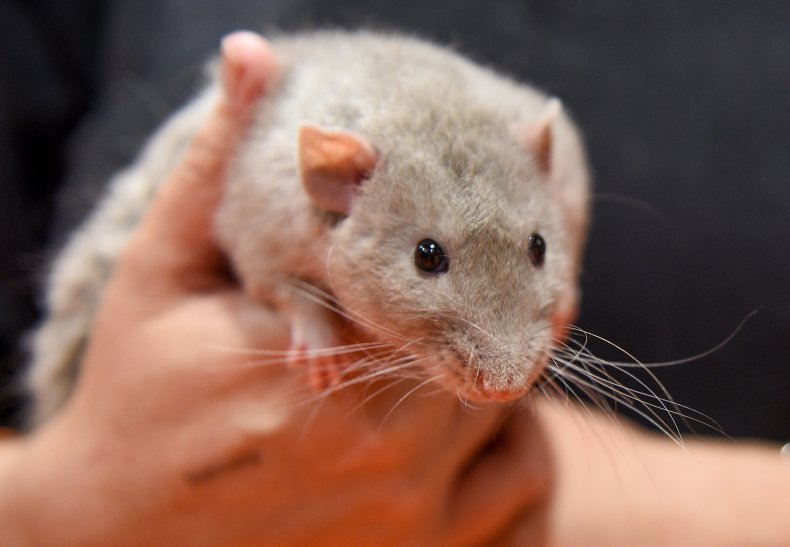
Ferrets
Ferrets are lively and curious and live for an average of ten years. A large enclosure will give them plenty of room to exercise and play and should be around three meters long by two meters high or more. Ferrets are obligate carnivores which means that they must have meat in their diet. They must have exercise outside their cage every day, either in a run outside or in a secure room indoors.
Cats
Although you might not have to walk a cat like you would a dog, they can be expensive to care for. You'll need to pay for food, toys and vet bills, including regular vaccinations. Cats love to play with toys, but they are also happy to entertain themselves or curl up somewhere comfortable. Some long-haired cats may need regular grooming to prevent their fur from becoming matted.
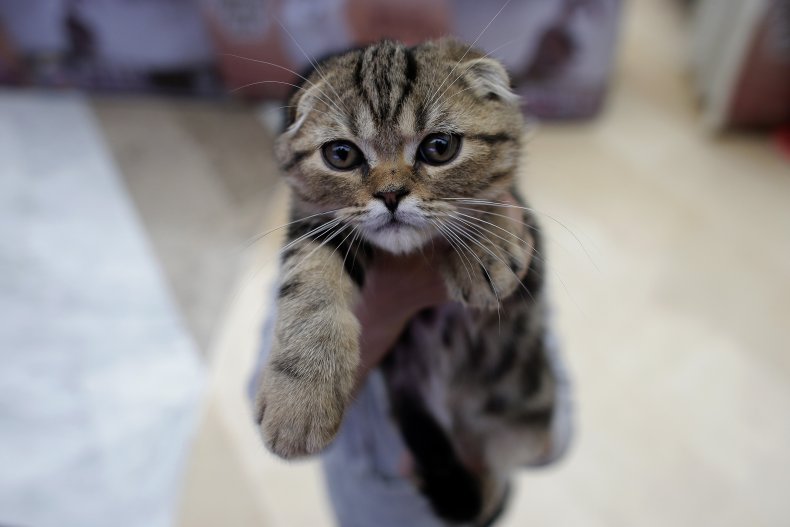
Gerbil
Gerbils are popular pets and, like hamsters, are small, inexpensive, and relatively easy to care for. You'll need a good cage with a bedding area and a nesting box, as well as a solid wheel for exercise. Gerbil diets should consist of formulated gerbil food. Although gerbils are popular with children, supervision is required so the animal isn't dropped or hurt.
Budgerigar
Budgies are small colourful birds that are relatively easy to look after. You'll need a cage, a cage cover, food, a water bowl, a seed bowl, a perch, floor lining and grit, as well as toys to keep them entertained. Most pet shops sell packets of ready mixed complete budgie food and they'll need to bath every day, usually in a water bowl on the floor of their cage. You will need to pay for vet bills and budgies need their claws clipped several times a year.
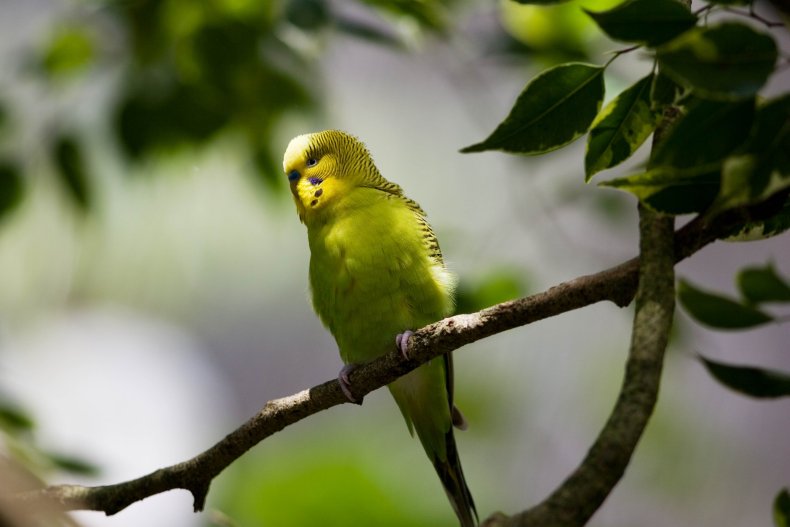
Canary
These small finches are inexpensive, popular pets but like other animals, require the right care. Canaries need large cages so they can exercise and a good, safe space to fly indoors. You should feed canaries a good quality seed mixture that is explicitly designed for canaries, as well as vegetable greens such as kale, broccoli, dandelions, spinach and peas.
Tortoise
Pet tortoises are popular because they are quiet, cute and don't shed fur. However, they can live a very long time - even up to 100 years. If you decide to keep one as a pet, be prepared to provide a lifetime of care. Handling tortoises too often can lead to stress.
You will need a decent-sized enclosure, preferably outdoors, but tortoises may need to be brought indoors if the weather is cold. You will also need a strong, secure outdoor pen for exercise. Some species have big appetites and also need a large amount of food, which can be very costly. Depending on the species of tortoise, food preparation may take a long time too.
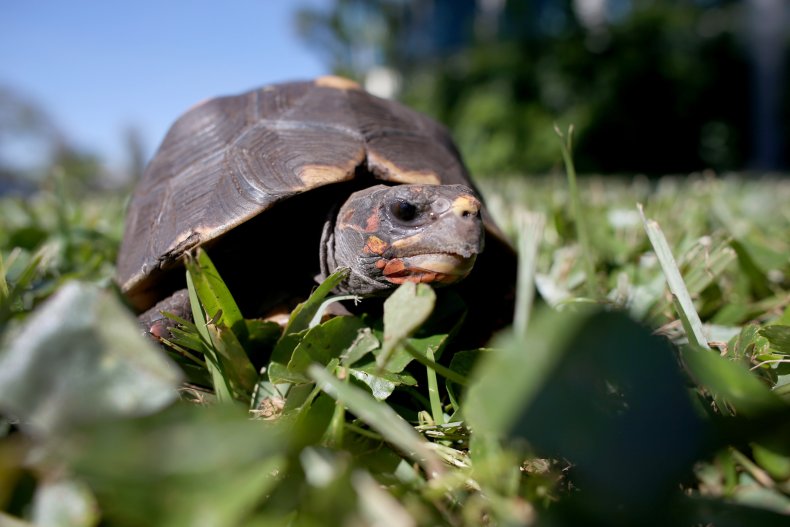
Sea monkeys
Sea-monkeys is the brand name given to a species called Artemia NYOS (named after the New York Oceanic Society, at whose lab they were created). They were bred from different brine shrimp species, then marketed as 'instant' pets. The life expectancy of a sea-monkey is two years and they are easy to care for, living off sea monkey food.
Sponsor an animal
Sponsoring a wild animal is a great idea if you don't have the time to care for a pet. You'll be protecting precious habitats around the world and all the species which rely on them, usually for a minimum of $5 to $10 a month. You'll receive an information pack, updates and more.
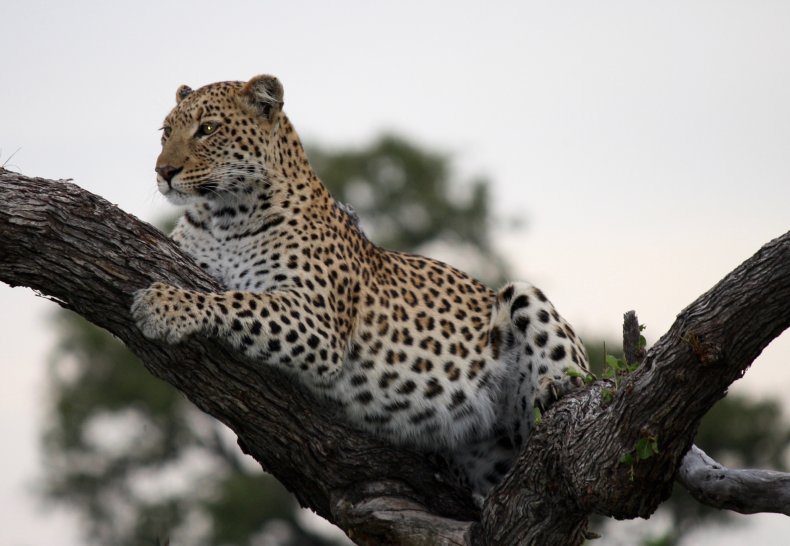
Leopard gecko
Reptiles can be expensive to care for because of their habitat needs and diet, but leopard geckos are one of the easier species to look after. A leopard gecko can live for 10 to 20 years in captivity and they prefer to live alone, but can become used to being handled if done so with care.
Leopard geckos use their environment to regulate their body temperature, therefore it is important to provide a 'thermogradient' with a heat lamp at one end and a cooler area at the other. You'll need a thermostat to regulate the temperatures. Leopard geckos also need ultraviolet light and a dry environment and they eat live insects like crickets. You need to provide fresh vegetables and clean water to keep the live food hydrated.
Neon tetras
Neon tetras are a species of tropical freshwater aquarium fish. Newly set up tanks are not suitable for neon tetras as they will not tolerate changes that occur during the initial startup cycle. There are pelleted diets available that are small enough for Neon Tetras, but flakes can be substituted for very small fish.
Betta fish
Betta fish are beautiful but relatively easy to care for. They need a five-gallon tank - as a minimum - with a filter and heater. Being tropical fish, bettas should be kept at 26C to 28C (78F to 82F). The bigger the volume of water, the easier it is for your heater to keep a constant temperature. You will need a tank with a thermometer and you can buy betta-specific food.
Source: https://www.newsweek.com/19-easiest-pets-take-care-1577832
0 Response to "Are Mice Easy to Take Care of"
Post a Comment